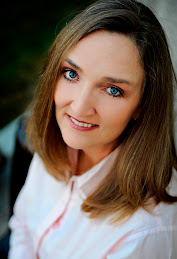Pandora's Box? By Gail Sexton Anderson, Ed.M.

Some fear that allowing intended parents and egg donors to have direct contact could be opening Pandora’s box. My experience, of over 13 years, working with couples and egg donors is that knowledge soothes the fear of the unknown rather than creating problems. I have conducted many meetings between couples and egg donors and I can say they have been wonderful meetings were all parties walked away feeling better for having met.
When the donor gets the opportunity to meet the couple she is helping she has a stronger sense of commitment to the process. I’ve found that many donors would say to me after having met the couple that they were surprised how nice the intended parents are. They had been expecting some wealthy and superficial individuals rather than a normal everyday caring couple longing to be parents. The donor often finds it more rewarding to when they get the opportunity to meet the couple. Donors who done completely anonymous cycles as well as cycles were they have meet the intended parents wish they had been able to meet the all of their couples.
When intended parents meet their egg donor it acts to reinforce their choice and to take away many of the fears they may have. I have found that most intended parents have the desire to feel like they know the egg donor. It can be a very scary thing to put so much trust into an individual who will in essence be taking the mothers place in the gene pool. The meeting can help the couple to experience the egg donor as a multifaceted individual whom they can feel comfortable moving forward with in an IVF cycle. I have found that intended parents also feel a strongly sense of closure when they have been able to meet their donor.
I’m not suggesting that all couples and donor should meet but I am suggesting that we are not complicating issues but actually simplifying issues by not creating such a taboo around meeting and future contact. The bottom line is that the more the parties know about each other more the comfortable they usually are. Not knowing may cause the parties involved to make assumptions about each other that may not be founded in reality and may also cause anxiety in many cases.
I am finding that many intended parents are becoming more and more open to having some sort of contact with their egg donor and even more so wanting to have the option for future contact for the benefit of their future child. Trying to keep these parties apart creates more fear than is really merited. Most couples and egg donors have good boundaries and are not likely to become burdens to the each other.
Let’s also remember, at the bottom of Pandora’s box was hope.




